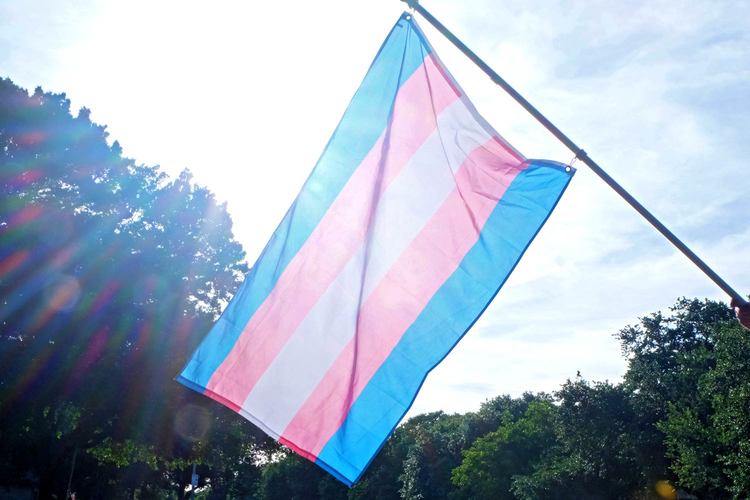How to be supportive when a loved one shares that they are questioning their gender identity or are coming out as Transgender/Non-binary:
If your friend or family member tells you that they are questioning their gender identity or they identify as transgender or non-binary, you may be wondering how to respond. Everyone does so differently. Many are confused and have questions. Some are relieved they know what’s been on their loved one’s mind. And others are hurt they weren’t told sooner. You may feel a mixture of all of these emotions and more.
Regardless of how you’re feeling, it’s helpful if you can reassure your loved one that your care for them has not suddenly disappeared. Let them know you will try your best to support them through this process. It’s okay to tell them it could take some time to adjust.
Here are some ideas that may be helpful in guiding you as an ally to your loved one:

There are a wide variety of ways in which a person can identify their gender identity, including but not limited to transgender, transsexual, non-binary, and genderqueer. Folks may also use a variety of gender pronouns, including but not limited to she, he, they, and ze. Sometimes folks who identify under the trans* umbrella choose to change their name from the name they were given at birth. It’s possible that your loved one has not yet decided which name, pronoun(s) or identity(s) best fits them. If so, allow your loved one to decide for themselves when they are ready. Offer to use whatever terminology with which they feel comfortable.
For more information and support:
Online Resources:
Books:
Transgender 101: A simple guide to a complex issue by Nicholas Teich
Helping Your Transgender Teen: A guide for parents by Irwin Krieger
Beyond Magenta by Susan Kuklin
The Gender Creative Child: Pathways for Nurturing and Supporting Children Who Live Outside Gender Boxes by Diane Ehrensaft
Love, Always: Partners of Trans People on Intimacy, Challenge and Resilience by Jordon Johnson (Author, Editor), Becky Garrison (Editor)
Support Groups/Forum:
